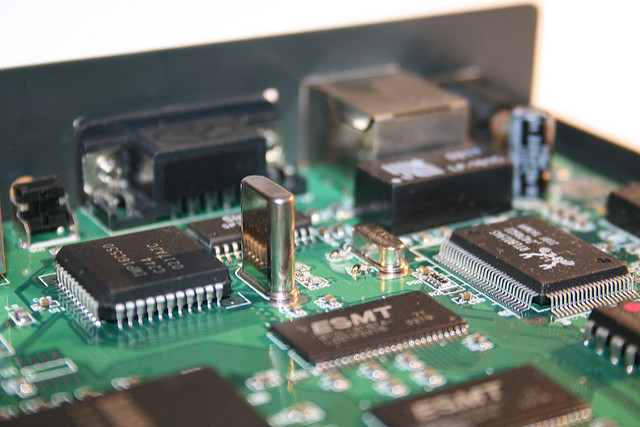China is building its own chipmaker to compete with the leading providers such as Micron Technology and Samsung Electronics. The state said that despite the ongoing trade war with the U.S., the production of advanced memory chips is proceeding.
"The company's production is on schedule," Chen Wei Hua, co-chief technology officer of Yangtze Memory Technologies, a state-backed tech company told the Nikkei Asian Review during the Semicon China trade show on this week. "Our partnership with suppliers globally is business as usual."
The chief's statement came amid the U.S. and China talks on trade war. The two countries are still trying to negotiate in order to put an end to the trade dispute that has been going on for a while now.
To realize the vision of global leadership that will match or even surpass the other prominent chipmakers, Yangtze Memory Technologies is constructing its production complex that worth a staggering $24 billion. It is located in the central Chinese city of Wuhan and by the end of this year, it will be mass producing its first homegrown 64-layer 3D NAND flash chips, the current standard version.
Now, makers of memory chips are vulnerable especially in times of trade wars because the products that they make are always linked to national security. Yangtze Memory is aware of this so it Yangtze Memory Technologies vowed it will not allow its employees to steal trade or intellectual property secrets.
"We asked all of our employees to sign an agreement that they won't bring any illegal sources into our company," Chen said. "Intellectual property theft is strongly prohibited. We do research and development all based on our own intellectual property."
Yangtze does not want what happened to Fujian Jinhua Integrated Circuit, a Chinese DRAM program, to happen to them. The said company was suspended after the U.S. cut it off from using American technology that is needed to produce its items. The suspension stemmed from suspicions of industrial espionage and the company was charged by the Justice Department in the U.S.
Analyst and market experts opined that Yangtze Memory Technologies as China's most promising newcomer in the memory chip production arena.
"Among multiple memory projects ongoing in China, YMTC probably has the most solid manufacturing and technology foundation," said Mark Li, a senior semiconductor analyst working for Bernstein Research.
"Should 64-layer 3D NAND flash enter production as planned in the second half of 2019, Yangtze Memory would potentially narrow the gap versus foreign leaders from three to four years to around two years." Li added.





